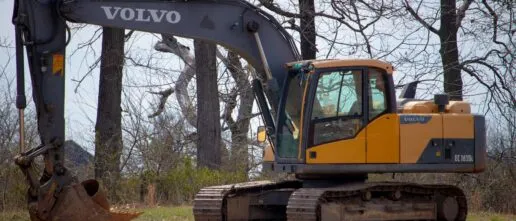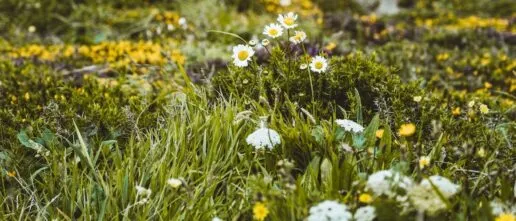I am a DPhil student in the Department of Biology and Geography, studying Biodiversity Net Gain (BNG) and other methods for ecological compensation, and how they account for real world biodiversity. My DPhil project uses a range of scientific methods (pitfall trapping, emergence trapping, DNA metabarcoding) to address important policy questions, and hopefully prompt changes to how we address impacts on biodiversity.
Related News Articles

Biodiversity Net Gain – Nat Duffus
In this episode we speak to Nat Duffus to find out the good and the bad about Biodiversity Net Gain which is a major driver of the UK’s policy to improve the state of biodiversity whilst still allowing for development. Some of the things mentioned in this podcast include: Kidbrooke Village Lye Valley and of […]

What is Biodiversity Net Gain?
Nat Duffus and Sophus zu Ermgassen explain. On February 12th, England’s ambitious new environmental policy, Biodiversity Net Gain (BNG) went live. Underpinned by the Environment Act, this policy lays out the mandatory requirement for new developments to provide a 10% net gain in biodiversity, maintained for at least 30 years. For now, this applies to […]

Early outcomes of England’s new biodiversity offset market
Natalie Duffus & the BNG team have conducted the first academic analysis of what’s actually happening in the off-site BNG market.

Our response to Defra’s consultation on improving the implementation of Biodiversity Net Gain for minor, medium and brownfield development
We raise concerns about the effect that the proposed changes will have on the demand for units on the off-site BNG market, based on research into the outcomes of the off-site market, & highlight the potential for worsening ecological outcomes from the changes proposed to the Small Sites Metric.
Related Research Themes

Systems
Developing a novel Analysis and Decision Platform to integrate nature recovery into land-use and infrastructure planning, and exploring scenarios that can deliver local, national and international commitments to nature, climate change and sustainable development.

Policy engagement for nature recovery
We work with policy-makers to foster effective approaches to nature recovery, using the Centre's unique evidence-base and compelling stories about nature and its value to society.
Related Projects

Healthy Ecosystem Restoration in Oxfordshire
Developing the local Oxfordshire landscape as a case-study, nature-recovery laboratory and community of practice.

Coordinating Research Around Biodiversity Net Gain
At its heart, BNG frames a challenging question: in a world where new housing, workplaces and other land use needs are deemed essential; is it possible to provide this infrastructure without Nature bearing the brunt of the costs?

The role of regenerative farming for biodiversity and ecosystem functioning
We utilise both standardised and cutting-edge methods to explore biodiversity and ecosystem functioning along a land use gradient to better understand the role of regenerative farming.

Evenlode Landscape Recovery
Lead by the North East Cotswold Farming Cluster and funded by DEFRA as apart of the Environmental Land Management schemes, the project aims to expedite the transition to a financially and environmentally sustainable farming system through nature recovery efforts.
Related Outputs
Regenerative Agriculture in the UK. An ecological perspective
This report, produced by the British Ecological Society brings together 40 academics, including LCNR’s Jed Soleiman, practitioners and farmers across the UK to explore the evidence for Regenerative Agriculture as a solution to delivering for both food and nature. Summary report here
What is Biodiversity Net Gain?
On February 12th, England’s ambitious new environmental policy, Biodiversity Net Gain (BNG) went live. Underpinned by the Environment Act, this policy lays out the mandatory requirement for new developments to provide a 10% net gain in biodiversity, maintained for at least 30 years. For now, this applies to almost all developments, and will become mandatory […]
Response to the consultation from the Department for Energy Security and Net Zero on the implementation of the UK government’s principles for voluntary carbon and nature market integrity
Comments from the Leverhulme Centre for Nature Recovery







